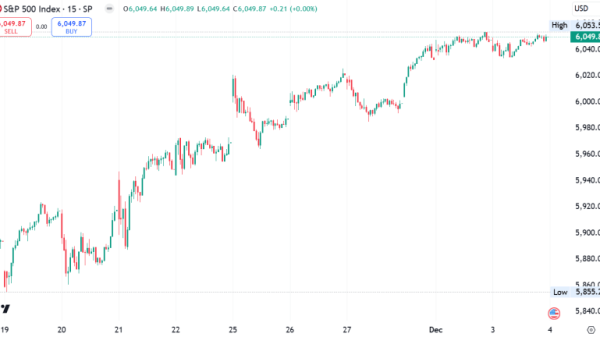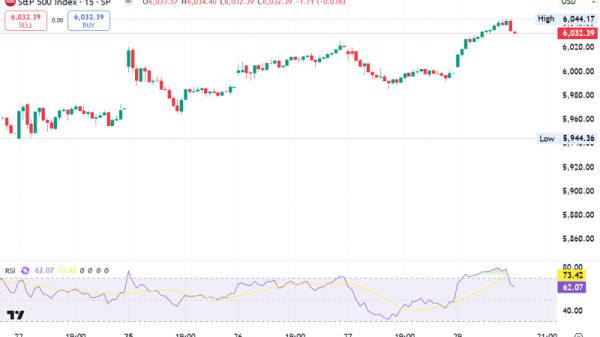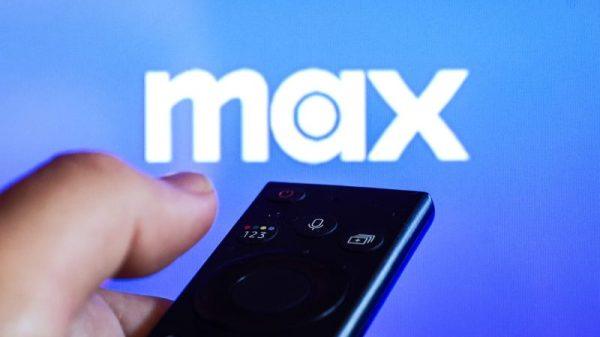Investing.com — Here are the biggest analyst moves in the area of artificial intelligence (AI) for this week.
InvestingPro subscribers always get first dibs on market-moving AI analyst comments. Upgrade today!
KeyBanc downgrades Apple stock on iPhone sales worries
KeyBanc analysts downgraded Apple (NASDAQ:AAPL) from Sector Weight to an Underweight rating this week, pointing to concerns surrounding sales of the company’s flagship iPhone.
Analysts led by Brandon Nispel said in a client note that demand for the lower-cost iPhone SE, based on a survey conducted by the investment bank, is “not purely additive” to overall iPhone sales, suggesting potential overlap with other models.
Further analysis from KeyBanc indicates that the rate of phone upgrades in the U.S. is “unlikely to move higher” in the near term.
While some industry watchers have forecasted a wave of upgrades as customers take advantage of new AI-enhanced features in the iPhone 16, Nispel’s findings paint a more complex picture.
“Our survey shows that 59% of respondents are interested in upgrading to iPhone 16, which appears strong,” he wrote. “However, our survey also shows that of those respondents who are likely or extremely likely to upgrade to the iPhone 16, 61% are interested in the iPhone SE.”
“We think this shows the iPhone SE is not incremental, and could possibly be cannibalistic to iPhone 16 sales.”
Nispel also tempered expectations of a major growth surge for Apple, stating that projections for “Apple’s highest growth in 3 [plus] years and a major inflection in all geographies and products” are overly optimistic. He noted that growth of this magnitude has “rarely […] occurred throughout history.”
Moreover, Apple’s current valuation is under scrutiny. With shares trading at approximately 23 times forward earnings – a premium five times that of the Nasdaq Composite index – the stock “appears expensive relative to its history and peers,” Nispel explained.
Historically, Apple’s three-year average valuation hovers around 20 times forward earnings, while the Nasdaq’s average premium is closer to 3 times.
Buy Microsoft stock pullback, Citi says
Citi analysts suggest that Microsoft (NASDAQ:MSFT) shares could be a buying opportunity after a recent pullback, pointing to potential upside in the coming quarters.
The recent underperformance in Microsoft’s stock, they note, is driven by investor concerns over large capital expenditure increases and slower-than-anticipated growth in Azure services and earnings per share (EPS).
In their Wednesday note, Citi analysts reviewed data from Microsoft resellers and Chief Information Officers (CIOs), showing a stable environment in the September quarter.
“Survey showed healthy reseller quota achievement levels (strongest YTD) despite some moderation in growth expectations,” they said. Although some feedback from customers and partners was “more mixed,” Citi highlighted signs of larger Microsoft 365 CoPilot deals despite overall softer large-deal momentum.
The Wall Street firm projects that Microsoft’s second fiscal quarter results might slightly beat investor expectations, which have already been tempered. Lower expectations could act as a “clearing event,” allowing Microsoft to exceed key performance indicators, especially in Azure consumption growth.
Analysts anticipate Microsoft will maintain its full-year targets for double-digit growth and reiterate strong capital expenditure plans.
While Citi expects Q2 guidance to be largely in line, potentially limiting positive revisions, the firm sees an opportunity for more compelling tactical positioning post-Q1.
“We are buyers of the pullback in shares as we expect investor sentiment to turn more positive post-Q ahead of a 2H reacceleration in Azure growth and EPS growth,” the analysts said.
A fragmented Intel would be worth more: Northland analysts
Analysts at Northland Capital Markets believe Intel (NASDAQ:INTC) might be more valuable as a series of smaller entities than in its current structure.
Intel shares have dropped over 52% this year as the company continues to face challenges in keeping pace with competitors like Nvidia (NASDAQ:NVDA) in the AI chip manufacturing arena.
“Intel Products continues to lose market share and lacks a competitive AI product,” Northland analysts noted in a recent client report.
Intel announced in August plans to reduce capital expenditures by 17% year-over-year to $21.5 billion and issued a third-quarter forecast that missed Wall Street’s expectations. The company also announced job cuts affecting more than 15% of its workforce – around 17,500 employees – and will suspend its dividend in the fourth quarter as part of broader restructuring efforts.
CEO Pat Gelsinger and Intel’s leadership team are reportedly weighing a possible separation of its product-design and manufacturing arms as part of a strategic overhaul, according to reports by Bloomberg News.
At the same time, Qualcomm (NASDAQ:QCOM) has expressed interest in acquiring portions of Intel’s design division, potentially including the PC design business, Reuters reported.
Marvell (NASDAQ:MRVL) Technology is also eyeing Intel’s programmable chip segment, Altera, as a potential acquisition target.
Despite these setbacks, Northland analysts maintain that “Intel, broken up into pieces, is worth more than its current valuation.”
Gelsinger has placed Intel’s foundry business at the center of his turnaround strategy. Recently, Intel’s foundry division, which secured Amazon (NASDAQ:AMZN) as a client for custom AI chips, is set to become an independent subsidiary with its own operating board.
Morgan Stanley cautious on AMD
Shares of Advanced Micro Devices (NASDAQ:AMD) fell Tuesday after Morgan Stanley issued cautious remarks regarding the chipmaker’s AI supply chain strategy.
In a note to clients, Morgan Stanley analysts pointed to AMD’s recent decision to lower its CoWoS wafer bookings at Taiwan Semiconductor Manufacturing Company (TSMC) for 2025, citing uncertainty surrounding demand for the MI325 processor.
“AMD seems to have trimmed some CoWoS wafer booking at TSMC for 2025 given uncertainty around MI325 demand,” the analysts stated, suggesting a conservative stance from AMD as it navigates potential volatility in AI processor demand.
In contrast, Nvidia reportedly stepped in to fill the newly available capacity at TSMC.
Morgan Stanley’s note reflects a broader view of intensified competition within the AI sector, where Nvidia has strengthened its leadership.
Additionally, the bank noted that “WPG sales grew 25% Q/Q in 3Q vs. previous guidance of only up 5.5% Q/Q,” attributing the growth to “increasing business coming from AMD CPU and ‘GPU.’”
Wedbush expecting a strong earnings season for tech sector
Wedbush analysts expect a strong third-quarter earnings season for the tech sector, supported by robust enterprise spending and a resurgence in digital advertising.
According to Wedbush, the key theme this earnings season will be the next phase of the AI revolution. Major cloud players- Microsoft, Google (NASDAQ:GOOGL), and Amazon – are expected to deliver significant growth that surpasses Wall Street’s expectations, fueled by an accelerating migration of workloads to the cloud.
This shift, Wedbush analysts suggest, is paving the way for a wide array of AI enterprise use cases to be deployed by 2025.
Wedbush sees cloud strength extending beyond the dominant providers, pointing out that companies like Oracle (NYSE:ORCL), SAP SE (ETR:SAPG), IBM (NYSE:IBM), ServiceNow (NYSE:NOW), and Dell (NYSE:DELL) are also poised to benefit as enterprises increase AI and cloud deployments.
These firms are seen as “foundational cloud stock players,” well-positioned to capitalize on what Wedbush describes as the “second derivative” of the AI movement.
“We believe 70% of global workloads will be on the cloud by the end of 2025, up from less than 50% today,” the analysts remarked, underlining the rapid adoption trajectory.
Wedbush maintains an optimistic outlook on tech stocks, forecasting a potential 20% upside in 2025.
With the Federal Reserve, led by Jerome Powell, likely entering an aggressive rate-cutting phase, Wedbush envisions a “soft landing” for the macroeconomy. They emphasize that AI spending represents a generational shift in tech investment, with impacts on the sector just beginning to unfold.




































